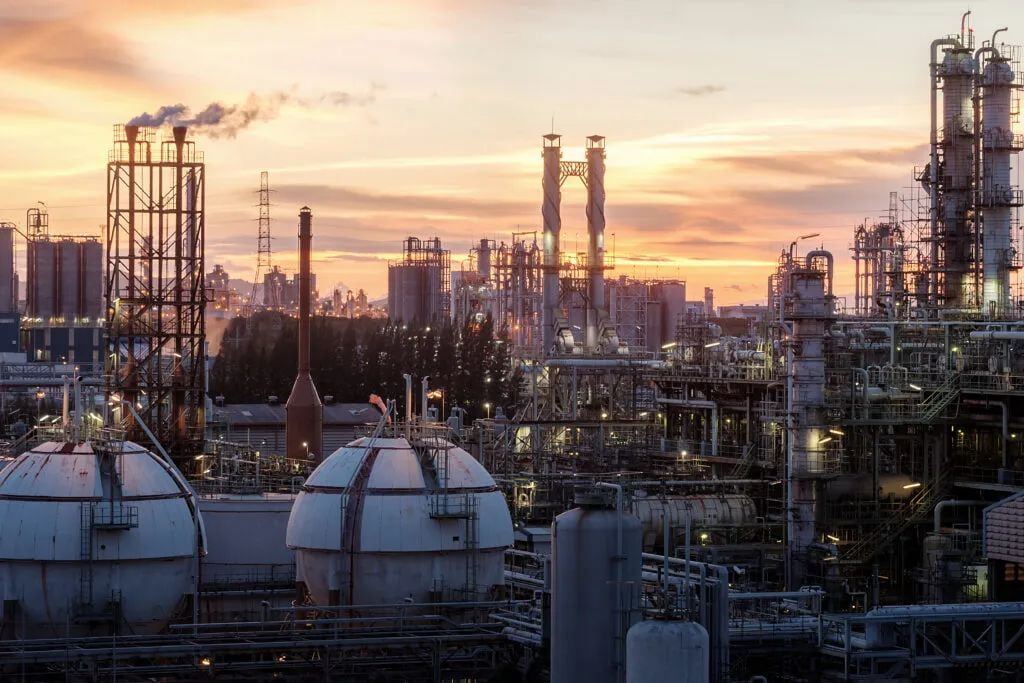Zero Waste Europe (ZWE) insists that pyrolysis is not a "future-proof" solution in the fight against plastics. In a new report, the organization argues that relying on chemical processes creates a "cycle of vulnerability" rather than a circular economy.
ZWE writes: "Even in the best-case scenario, only 2 percent of today's plastic waste is sent to pyrolyzers and then recycled."
In addition, it argues that the process produces new, unwanted and toxic hydrocarbons. The report states that all plastics, although especially polyolefins, which have been identified as ideal pyrolysis feedstocks, do not simply revert to the precursor materials from which they were formed.

"Instead, as aggressive chemicals known as free radicals split off from the plastic and recombine in unwanted forms, they produce a wide variety of products." These pyrolyzed synthetic hydrocarbons reduce the yield of refined oil products and impair their quality, the report added.
high pollution
ZWE believes that "chemical recycling" is not the answer for hard-to-recycle plastic waste streams. Highly mixed, unwashed or difficult-to-recycle plastic waste streams, such as automobile shredder residue and computer housings, can result in significantly higher levels of pyrolysis oil contamination.
The report notes that the universal laws of physics and chemistry that govern pyrolysis are unlikely to change as a result of market pressures. Decision makers would be wise to accept that pyrolysis is not the miracle they need it to be, simply because no other back-end solution exists.
It claims that the laws of thermodynamics suggest that the smartest solution to minimizing plastic waste lies in upstream intervention. This means investing in the manufacture of simpler, less polluting and more recyclable plastic products, the report concludes.
An end to plastic waste?
In the meantime, Member States and EU authorities may recognize pyrolysis as an approved recycling method. They are also discussing the reclassification of pyrolysis oils derived from plastics, along with final disposal criteria for plastics.
ZWE says that such reclassification risks ignoring purification steps and underestimating the true environmental footprint, and argues that pyrolysis is inconsistent with the goals outlined in the EU's Green Deal.

